Senior Scottish Government officials including the chief medical officer engaged in “industrial scale” deletion of evidence as they joked about avoiding scrutiny, the UK Covid inquiry has revealed.
The inquiry, sitting in Edinburgh, revealed how senior officials conspired to ensure official chats were wiped so they could not be obtained by journalists and members of the public using freedom of information (FOI) laws.
On Monday, Chief Medical Officer Professor Sir Gregor Smith told the inquiry he captured the “essence” of important discussions but conceded it was not word for word.
The inquiry showed Sir Gregor a message he sent to a group chat with other medical advisers in July 2021.
One of his deputies, Graham Ellis, can be seen saying “hope this isn’t FOI-able?”, in an exchange where he appeared to joke about having his “own supply” of cannabis.
Responding, Sir Gregor said: “Delete at the end of every day…”
In one message, the government’s former director general for strategy and external affairs, Ken Thomson, joked his middle names were “plausible deniability” as he issued edicts to colleagues reminding them to wipe their chat logs.
Meanwhile, in the same series of messages Jason Leitch, the high profile national clinical director, joked that deleting his messages had become a “pre-bed ritual”.
Asked about the comments by counsel to the inquiry, Jamie Dawson KC, Sir Gregor said: “Scottish Government advice at this time was not to retain information for longer than it was necessary, it was to make sure that information that was pertinent, any information – particularly discussions which ended up in a decision – was captured within the corporate systems.
“My practice was to make sure that any information which was important in that way was then captured in email form on the system, was formally recorded so that it was an auditable trail, and I think you will see evidence of my approach to this within the conversations and within other conversations where I exalt other members of those conversations to do the same.”
Asked if he deleted messages at the end of every day, Sir Gregor said: “If not at the end of every day then certainly on a frequent basis, I deleted information which was no longer needed to be kept.”
Responding to the revelations, Aamer Anwar, lawyer for the Scottish Covid bereaved, said he was not surprised.
Mr Anwar said the Scottish Government had been “quiet” during a legal fight with the UK Government over whether they had to release Whatsapp messages to the inquiry.
He recalled statements from Nicola Sturgeon in May 2020, when she was first minister. saying there would be a public inquiry. He claimed it would have been clear at the time potential evidence should not have been deleted.
Jane Morrison, among the bereaved families Mr Anwar represents, told The Courier in October that she feared the deletion of evidence would mean the inquiry could not get to the truth.
Ms Morrison, whose wife died in Ninewells Hospital after contracting coronavirus, questioned whether anyone deleting messages could sleep at night.
She added: “I think if someone deliberately deleted stuff to avoid us getting to the truth, then morally and ethically, as well as legally, it’s totally in the wrong.”
Scottish Tory chairman Craig Hoy accused senior government officials of “effectively sneering” at the public during the pandemic.
He added: “The nod-and-a-wink sniggering that went hand in hand with the industrial-scale deletion of messages points to the incriminating or embarrassing content contained within them.”
Those involved should “urgently explain their shameful, secretive and scandalous behaviour”, he added.
‘Freedom of information subverted’
Information Commissioner David Hamilton, whose job is to enforce FOI law, said some evidence suggests the principles have been “subverted”.
Mr Hamilton added: “Some of the material that came out last week, I think many people would say it beggars belief in terms of what it is.
“Of course, that needs context and it needs investigation if there’s something wrong there.”
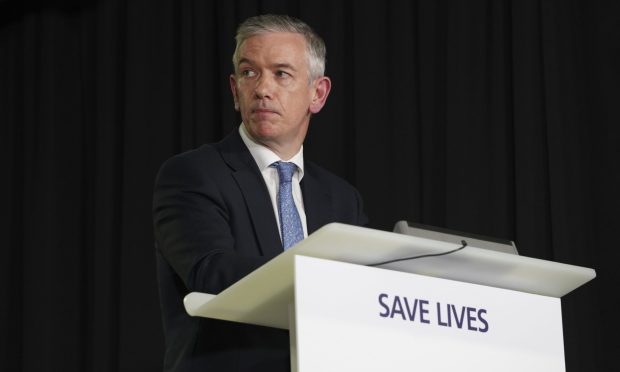
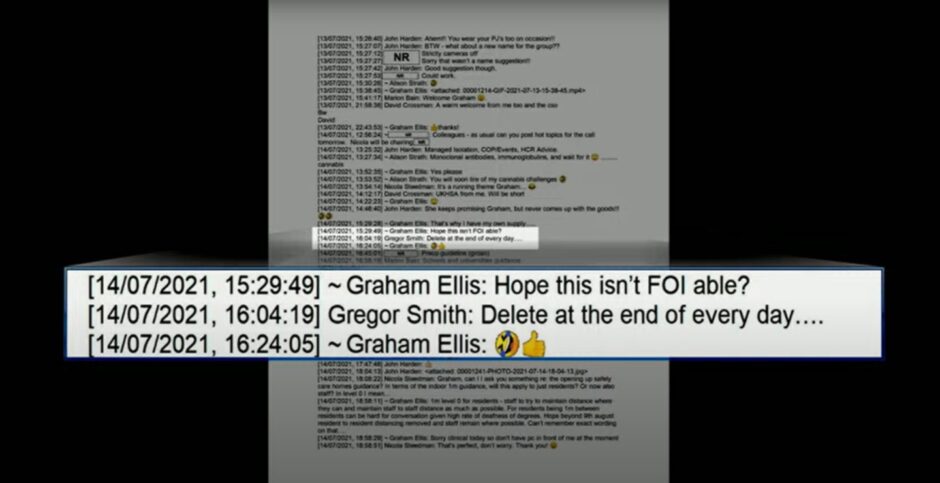
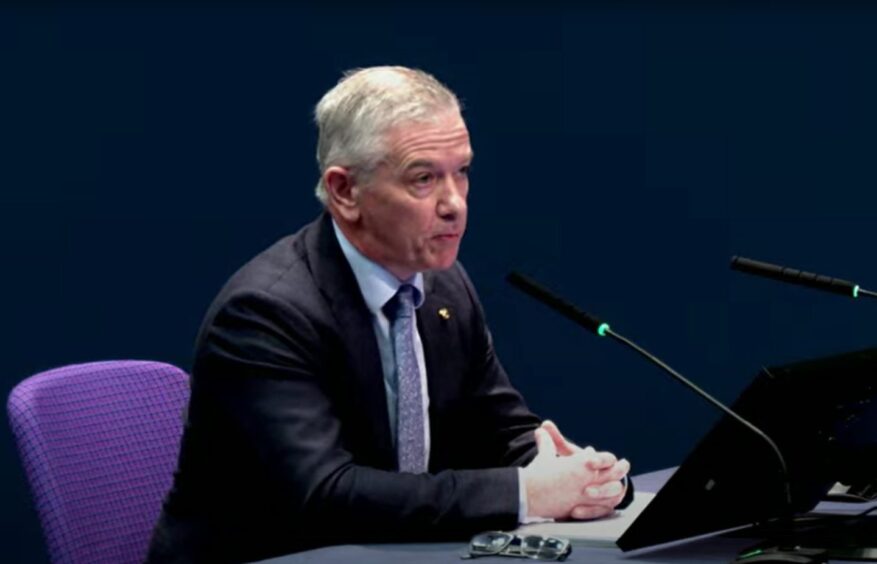
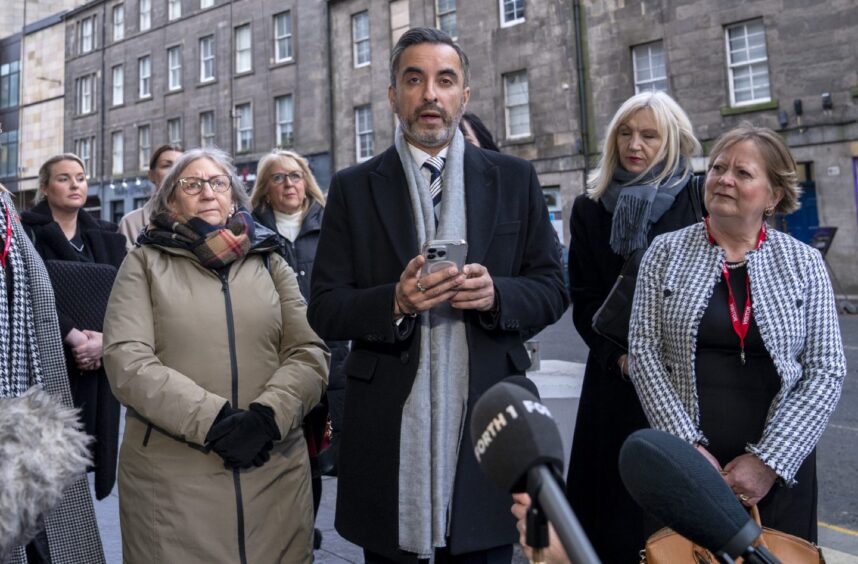
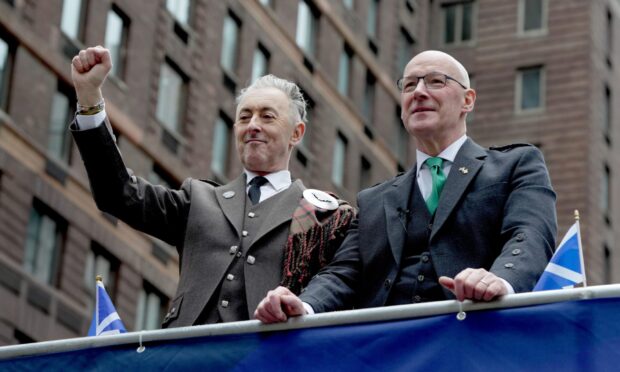




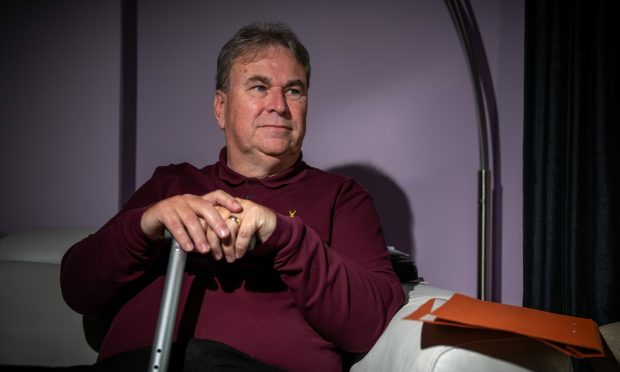
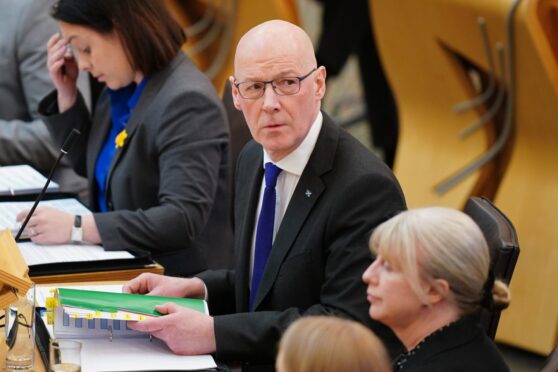



Conversation